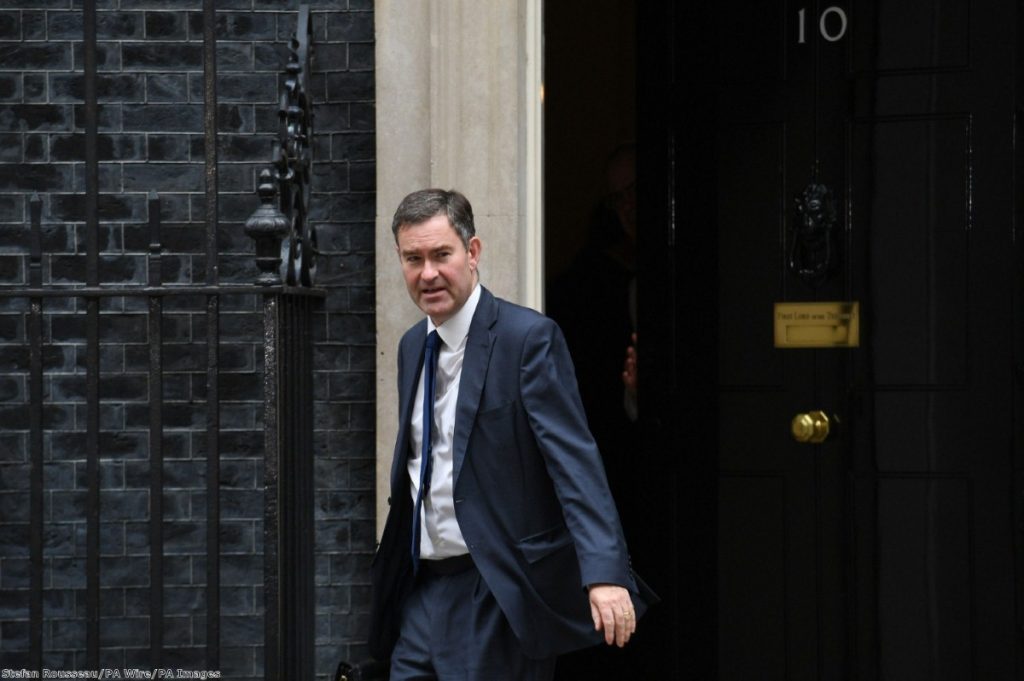The Department for Work and Pensions (DWP) has launched a legal challenge to block the publication of a series of reports into Universal Credit.
Between 2012 and 2015 five Project Assessment Reviews (PAR) were carried out into the new benefit by the government's Major Projects Authority (now known as the Infrastructure and Projects Authority).
Copies of the reports produced as a result of those assessments were requested in a Freedom of Information request from the campaigner John Slater. However, the department has repeatedly refused to release them.
In August, after a complaint from Slater, the Information Commissioner's Office ruled that the reports must be disclosed. In a decision notice, the commissioner said:


"The reports provide a much greater insight than any information already available about the UCP [Universal Credit programme], there are strong arguments for transparency and accountability for a programme which may affect 11 million UK citizens and process billions of pounds, which has had numerous reported failings in its governance."
The government has now appealed against the decision, meaning that the case will be heard at the First Tier tribunal.
"While it's not surprising, it is disappointing that the DWP is yet again subjecting the public purse to the expense of a tribunal hearing," Slater said.
"The delay in cases like this being dealt with might explain why the DWP appeals decisions that go against it. Regardless of the outcome, at least it delays the matter."
The hearing, which is scheduled to take place next April, will happen two years after the department was first asked for the reports.
Last year, Slater successfully forced the DWP to publish documents relating to the early stages of Universal Credit. This came after a string of challenges by the department to prevent them from being released.
The government is coming under increasing pressure to halt the rollout of the programme, amid warnings that it is pushing people into debt and hunger.
A spokesperson for the DWP said:
“Universal Credit is in every jobcentre and UC claimants are moving into work faster and staying in work longer than under the old system. These documents fall under the exemption that allows staff to have free and frank discussions to explore, develop and come up with solutions in the conduct of public policy.”









